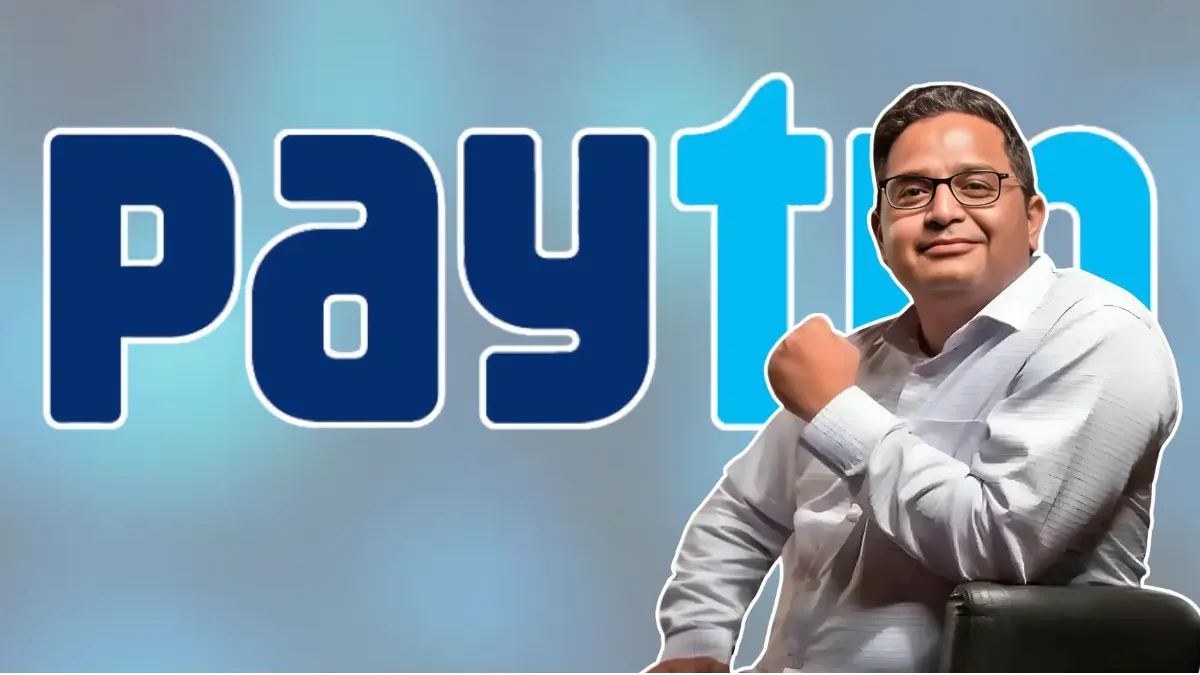Necessary Always Active
Necessary cookies are required to enable the basic features of this site, such as providing secure log-in or adjusting your consent preferences. These cookies do not store any personally identifiable data.
|
||||||
|
||||||
|
||||||
|

During a discussion at a recent public forum, Vijay Shekhar Sharma, the founder of Paytm, disclosed that he had pledged his shares to keep the company going during its initial funding struggles. This move was made at the time when SoftBank decided to invest in Snapdeal than in Paytm.
According to Outlook Business, Vijay Shekhar said, “So 2014 was the time when it was decided in the country that whoever has money will survive. Before us, Masa had announced funding to Snapdeal. There was some confusion back then. They (Snapdeal) were in commerce, we were in payments but commerce was a use case for us also. So the Masa deal went to Snapdeal.”
Sharma explained that the funding process for Paytm faced complications along the way. The digital payment market grew more competitive while investors chose different directions which led to Paytm facing significant challenges. During those times, Paytm founder made a pledge to use his personal shares for securing additional funds to keep Paytm operational.
His belief in Paytm’s future along with the funding challenges prompted his funding action. Sharma described the difficulty of fighting increasing competition during his quest to obtain fresh funding from investors in a challenging market environment. Through every challenge he continued to support the company which he created through his own labor.
He said, “In those days, everybody who could fund a large check was already with somebody. In other words, either Flipkart or Snapdeal had them. So ultimately, in December 2014, I pledged all my shares, took Rs 60 crore from HDFC. So for some time I ran the company from my personal shares.
In recent times, Paytm share price has experienced several highs and lows, particularly after its initial public offering (IPO). The market response to such tales of founder’s sacrifice has been varied. Some analysts interpret it as a sign of strong leadership and dedication, while others interpret it as a sign of internal funding challenges.
In spite of the volatility, Paytm is one of India’s best-known digital brands. Paytm has diversified its offerings from payments into domains such as insurance, lending, and wealth management.
The Paytm founder Vijay Sharma’s pledge story shows important challenges which tech entrepreneurs must overcome behind the scenes. To create a unicorn you need more than market innovations and scale because it requires mental and physical strength and unwavering belief.
The unpredictable funding environment of today requires many young startups to look at Sharma’s story which demonstrates perseverance for sustaining business growth during times of pressure. The establishment of Paytm resulted from business choices which demanded profound belief and bravery.
Sharma said, “The first flyover you cross is of angel funding. For the second flyover, there is no series A funding because all are tourist VCs… At that time, VCs were opening a few bases in India. Now, Outer Ring Road has all the flyovers now. I think, funding in India is not that big of a problem. Now investors will value you if you are building for India in India.”